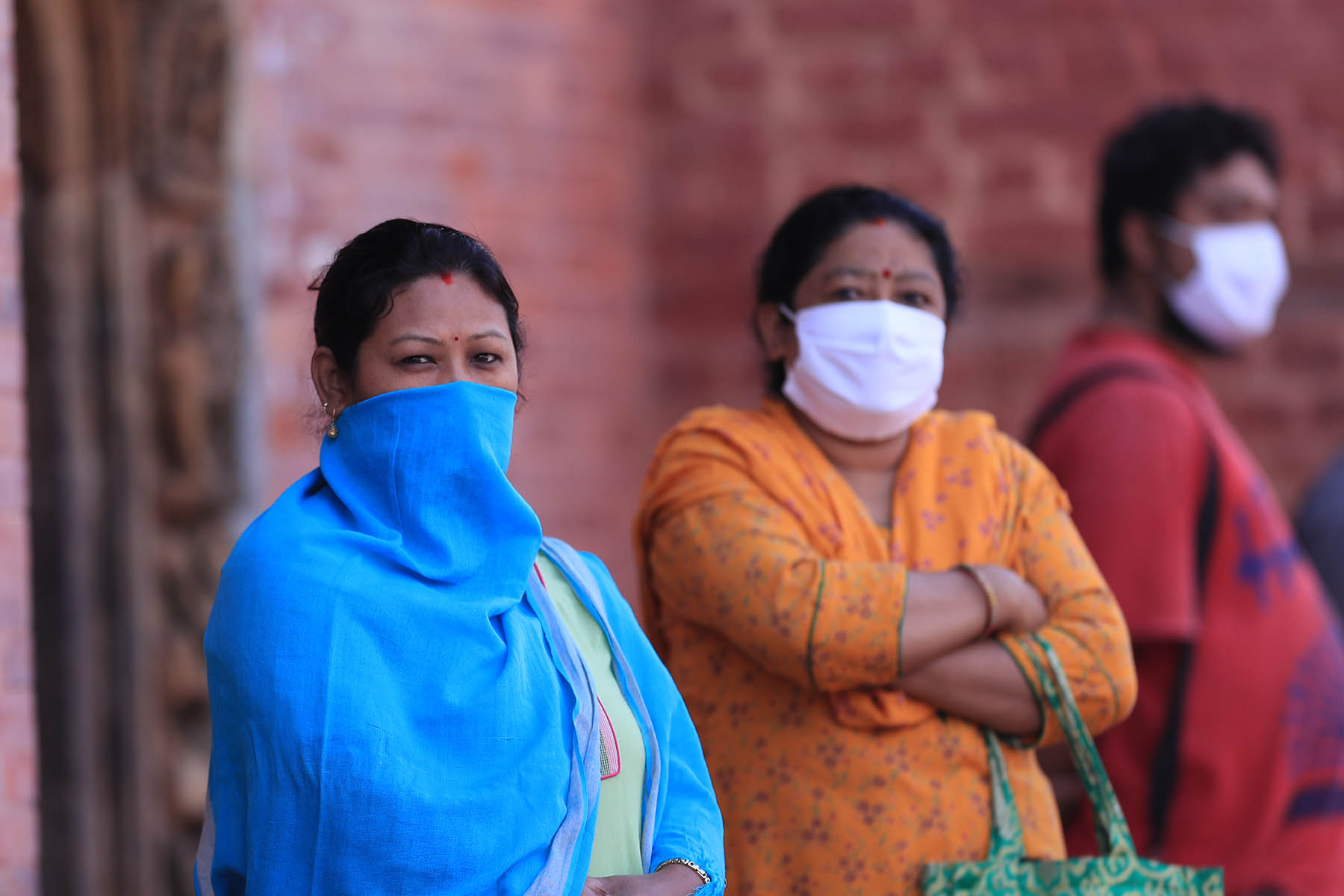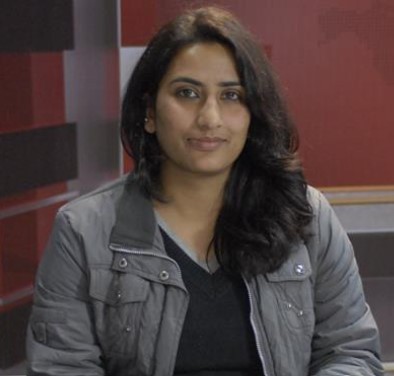Life & Health

Amid reports of the emergence of sub-variants of the fast-spreading Omicron strain of the coronavirus in India, health experts have appealed to the general public in Nepal for caution.
The majority of the population has abandoned following health protocols of wearing a mask, using hand sanitiser and maintaining social distancing. They could be a norm again if the situation around the Covid-19 XBB variant wave worsens. Experts, however, believe that at the moment, there is little need to implement such ‘blunt community restrictions’.
BF.7 and XBB variants
Omicron sub-variant BF.7, leading to a rise in the number of coronavirus cases in China, has been detected in India. In addition, a new variant of XBB has also been reported in 26 countries.
According to the World Health Organization, XBB is a recombinant of two BA.2 sub lineages and, in particular, BA.2.10.1 and BA.2.75.
“This recombinant has a significant growth advantage. All of the sub-variants of Omicron are showing increased transmissibility and properties of immune escape. It’s showing significant immune evasion,” Dr Maria Van Kerkhove, technical lead for the Covid-19 response at the WHO, told a press conference in Geneva on Wednesday.
“And this is of concern for us because we need to ensure that the vaccines that are in use worldwide remain effective at preventing severe disease and death.”
Surging cases in India
The new variants have been reported in four Indian states – Maharashtra, West Bengal, Odisha and Tamil Nadu.
Past experiences show that infections rose dramatically in Nepal whenever there was a surge in cases in India.
Dr Samir Kumar Adhikari, assistant spokesperson for the Ministry of Health and Population, said that the government was aware of the rising number of cases in India.
“We are closely monitoring the situation and are on a high alert. There is a risk for the infection spread as the number of infection has increased in India,” he said
Health experts have advised people to adopt Covid-appropriate behaviour in the wake of reports about the spread of new Covid variants and the rising number of cases in India.
Dr Anup Bastola, a tropical and infectious disease expert, said: “Though the number of cases has increased, the hospital admissions and severity of infection are not reported much. However, we need to be vigilant and should increase surveillance.”
They advise people to follow preventive measures such as wearing masks, maintaining social distancing, and washing hands regularly.
Dr Bastola added: “People are moving around without precautionary methods to prevent coronavirus. They must wear a mask.”
Festivals, elections may spike cases
With the expectant mass mobility of people during the Tihar and Chhath festivals, and the upcoming elections, chances are high that the coronavirus could rear its ugly head again, experts fear.
“As the number of cases in India has soared, we need to be vigilant and should increase the surveillance in borders. The number of cases can increase if the preventive measures are not applied,” Dr Baburam Marasini, former director of the Epidemiology and Disease Control Division, Department of Health Services.
The symptoms of these variants are similar. They include chest pain, difficulty hearing, and coughing. Everyone should wear a mask, the experts advise.
While the WHO has not declared it a variant of concern, it has advised the countries to conduct surveillance to deal with the rise in cases of infection and possible hospitalisation.
Dr Kerkhove said: “We don’t see a change in severity yet and our vaccines remain effective, but we have to remain vigilant.”
The UN health body said that people must isolate themselves at first sight of symptoms to protect vulnerable groups like children, the elderly, cancer survivors, cancer patients, and transplant patients.
According to the Ministry of Health and Population, 54 people tested positive for Covid-19 in the past 24 hours – 48 in RT-PCR and six in antigen test.
Per the ministry data, 1,00,0416 people have tested positive for Covid-19 in PCR screening and 152,133 in antigen tests across the country until October 22, 2022. More than 12,000 people have died from Covid-19 in Nepal since the disease was first detected in the country on January 23, 2020.

_11zon1681280198.jpg)




